Dell SupportAssist Has Detected a Failing Component [Solved]
A hard reset should quickly fix the issue
4 min. read
Updated on
Read our disclosure page to find out how can you help Windows Report sustain the editorial team. Read more

If you just turned on the PC and received the Dell SupportAssist has detected a failing component error, don’t worry. It doesn’t necessarily mean the hardware component highlighted on the screen is failing. There are several other reasons for the error message!
For instance, a change in hardware, corrupted BIOS, connection issues, dust collection in fans, or even a recently downloaded software can trigger the Dell SupportAssist has detected a failing component on your system that requires immediate attention message.
Before you proceed, reboot the PC, and if the Dell SupportAssist message doesn’t show up again, you are good to go!
What can I do when Dell SupportAssist has detected a failing component?
1. Power reset the PC
A hard or power reset has helped 3 out of 5 users who were persistently getting the Dell SupportAssist has detected a failing component error in Windows.
- For a desktop, turn it off > unplug the power cable from the CPU and the outlet > press and hold the Power button for 30-60 seconds > reconnect the cable > turn on the PC.
- For a laptop, turn it off > disconnect the power cable > remove the battery > hold the Power button for 30-60 seconds > reconnect the battery and cable > turn on the laptop.
2. Run tests on the fault module
It’s important to identify which hardware component malfunctioned, according to Dell SupportAssist, and test it for faults.
If it’s the fans, clean it. For a hard drive, check the connections and run disk repair in Windows. When it’s the RAM modules, run Windows Memory Diagnostic or use an advanced, open-source tool like Memtest86+.
If the results come out fine, Dell SupportAssist may have misjudged the fault. Restart the computer a few times, and the message should disappear. In case it persists, move to the solutions listed next!
3. Reset the BIOS
- Turn off the PC, then power it on, and as soon as the display lights up, repeatedly hit the Del, Esc, F1, F2, F10, or F12 key, depending on the system manufacturer, to access the BIOS.
- Now, look for the Reset BIOS, Load Default, or Default option, and click on it.
- Choose the appropriate response in the confirmation prompt.
- After resetting the BIOS, check for improvements.
4. Update the BIOS
If you still get the Dell SupportAssist has detected a failing component error for the hard drive, fan, or memory, updating the BIOS will do the trick!
Since it’s a critical process and different for each manufacturer, I recommend you to check the official support website for the exact steps. Because any problems during the BIOS update can severely affect the PC.
5. Uninstall recently added apps
- Restart the computer and then boot Windows into Safe Mode.
- Press Windows + R to open Run, type appwiz.cpl in the text field, and hit Enter.
- Select any recently downloaded app, and click on Uninstall.
- Follow the on-screen instructions to complete the process and restart the computer.
- If the error message persists, uninstall other recent apps.
Sometimes, apps leave behind files and Registry entries that conflict with the OS, triggering the Dell SupportAssist failing component error. In this case, it’s best to use a top-rated software uninstaller to wipe all traces of the program!
6. Contact Dell support
When nothing else works, the last option is to contact Dell’s official support or visit a local repair shop. Because at this point, it’s likely that the highlighted component is indeed failing and must be replaced.
Remember, if you see the Dell SupportAssist has detected a failing component message followed by No hard drive detected, I recommend you immediately transfer all data from it to another disk to avoid data loss!
In my experience, 30-50% of instances of the error message are correct, and there’s a problem, while the rest are false positives. But you should never take the warning lightly and quickly perform the required checks.
Before you leave, discover built-in hardware tests in Windows that should be run every once in a while! If you want to restore your system, we have a great guide on Dell SupportAssist OS Recovery, so don’t miss it.
If you know of more solutions for the error, share them with our readers in the comments section.



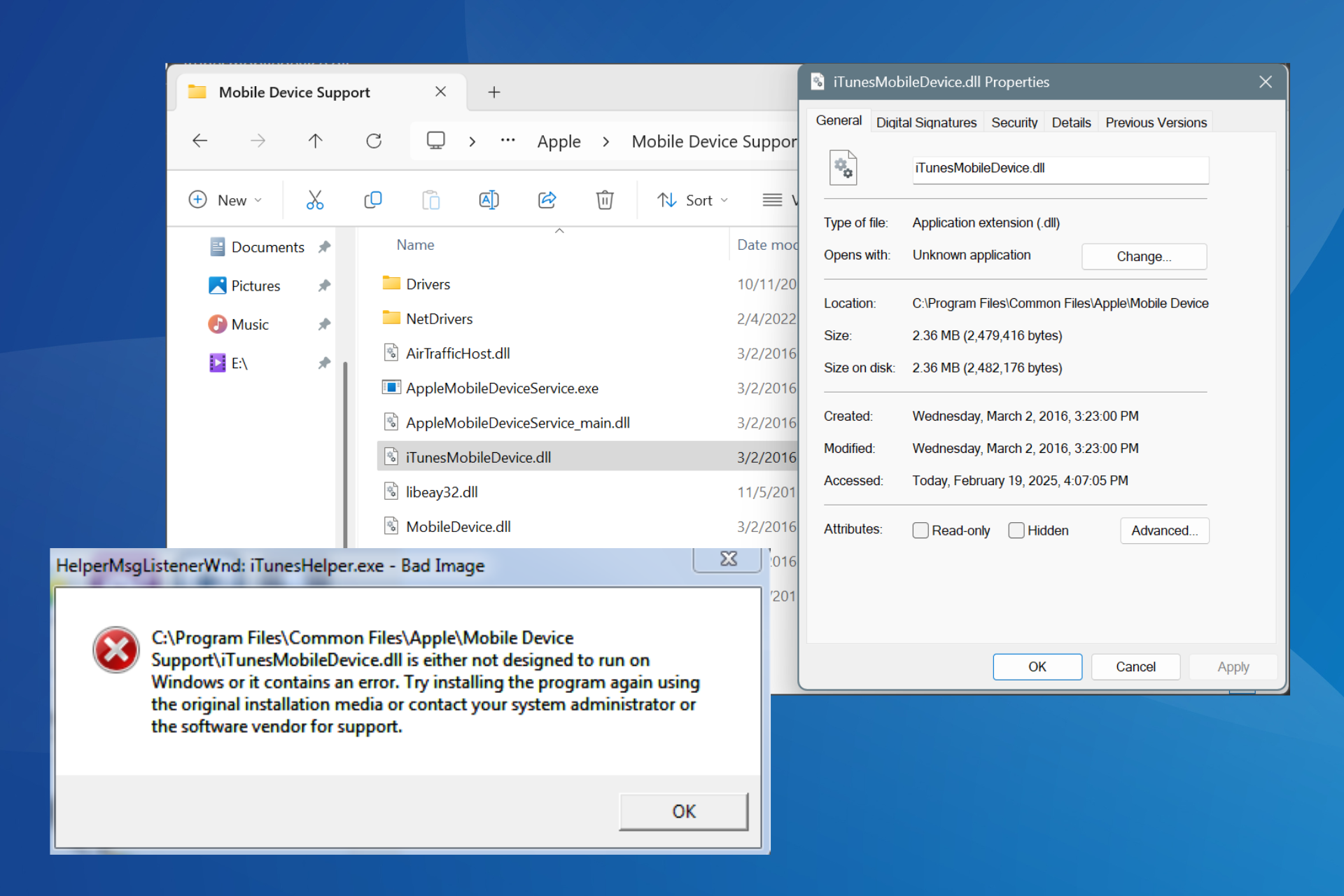
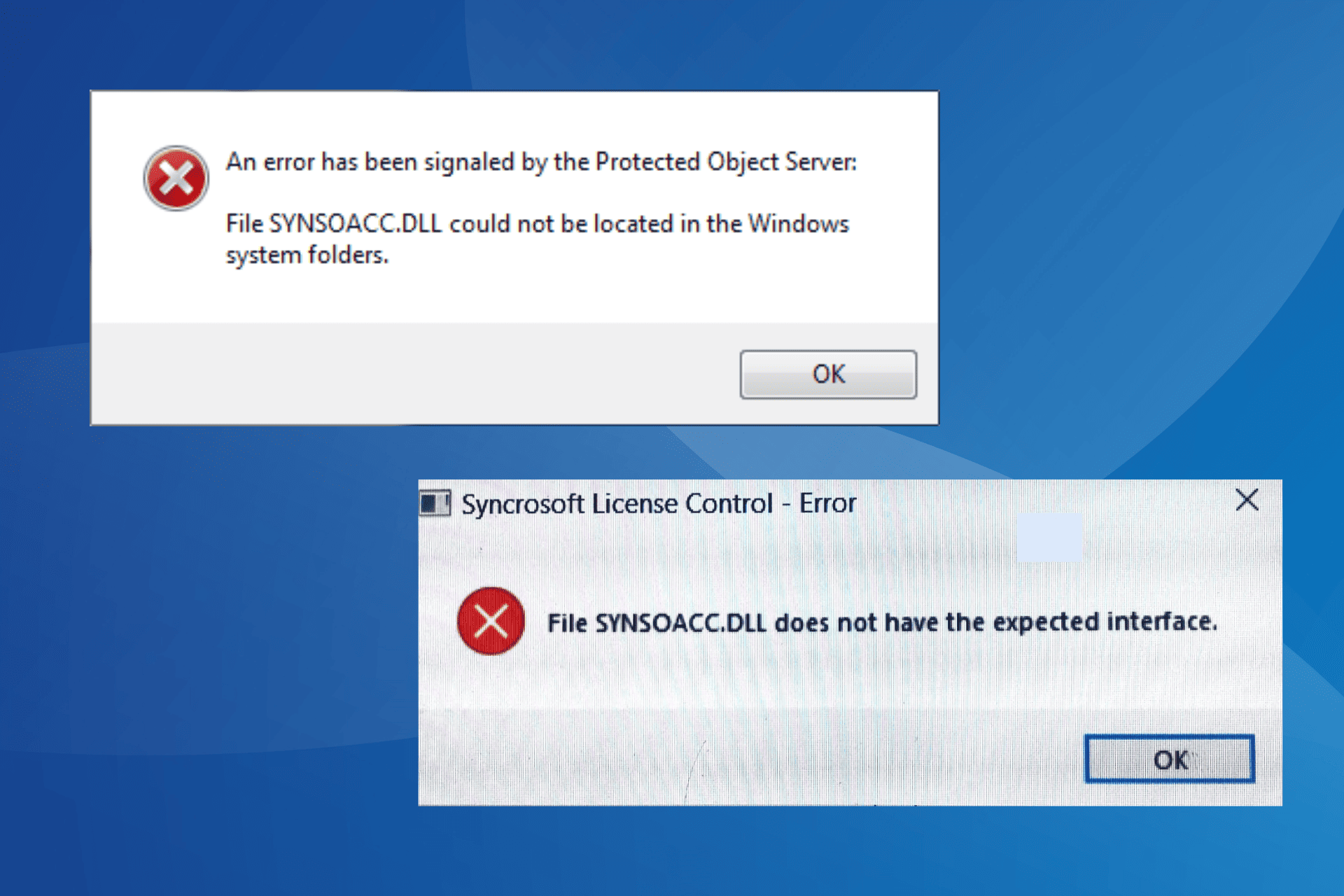

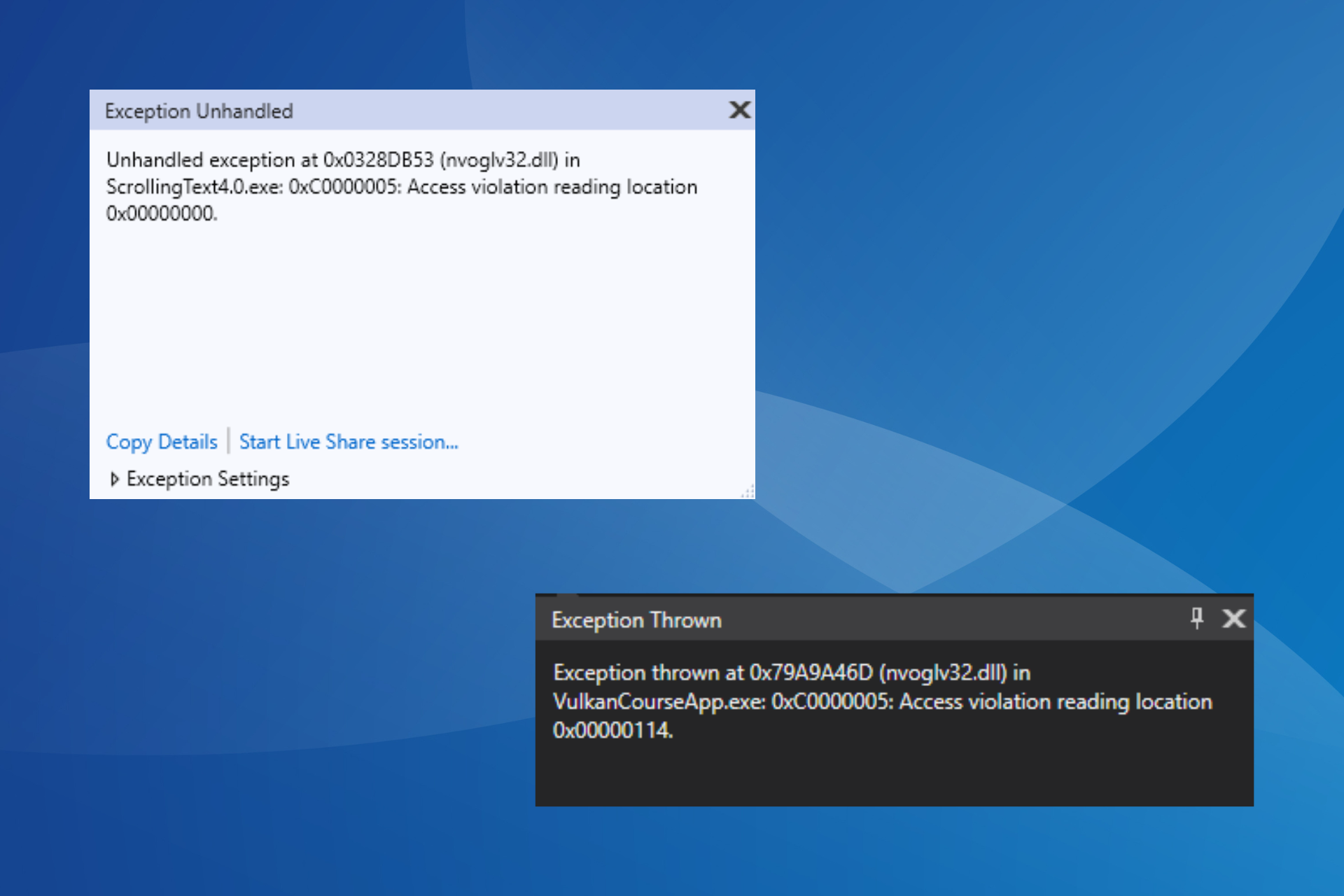
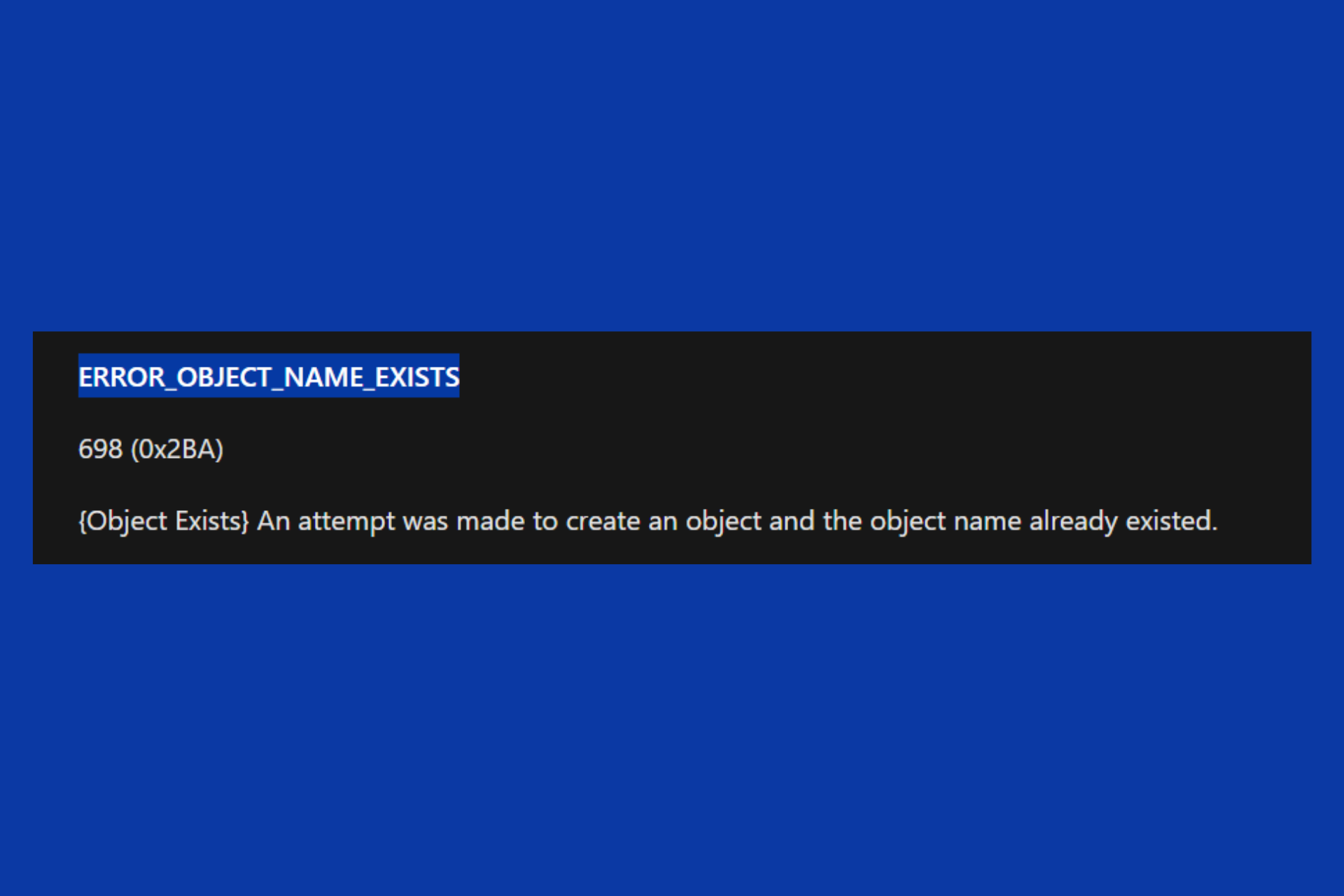
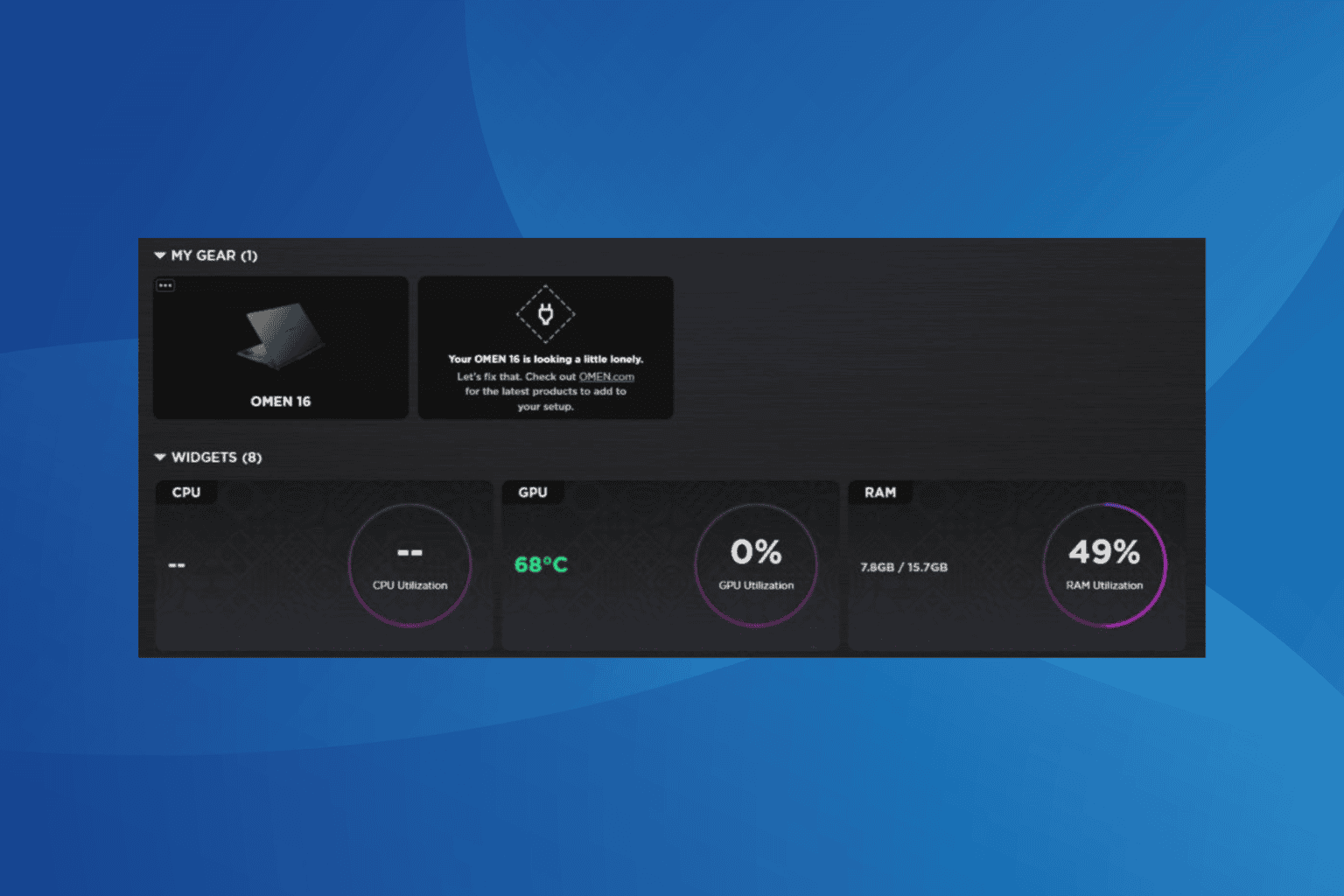


User forum
0 messages